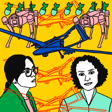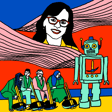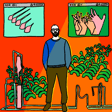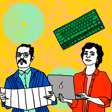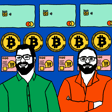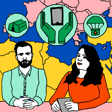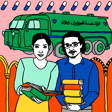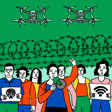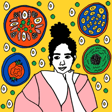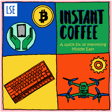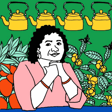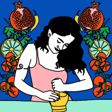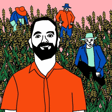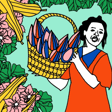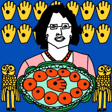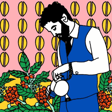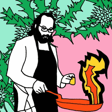
2.8 The Sudanese Kitchen(s) with Omer Eltigani
Camel milk, mushrooms, ta’miyah, agashe, aseeda, tarkeen, these are just some of the foods and dishes that make up Sudan’s intricate network of cuisines. We spoke with Omer Eltigani, cook, archivist and founder of ‘The Sudanese Kitchen’ to talk more about the country’s vast foods, their historical influences and how he is trying to bring these recipes to the younger generation.
This episode also features comments on gender and food from Jennifer Shutek, PhD candidate and instructor, as well as a discussion on food and identity with filmmaker Hajooj Kuka.
Follow Jennifer on Twitter: https://twitter.com/quixoticavocado
Watch Hajooj's documentary 'Beats of Antonov': https://vimeo.com/ondemand/59409?autoplay=1
Visit Omer's website 'The Sudanese Kitchen': https://www.sudanesekitchen.com/

